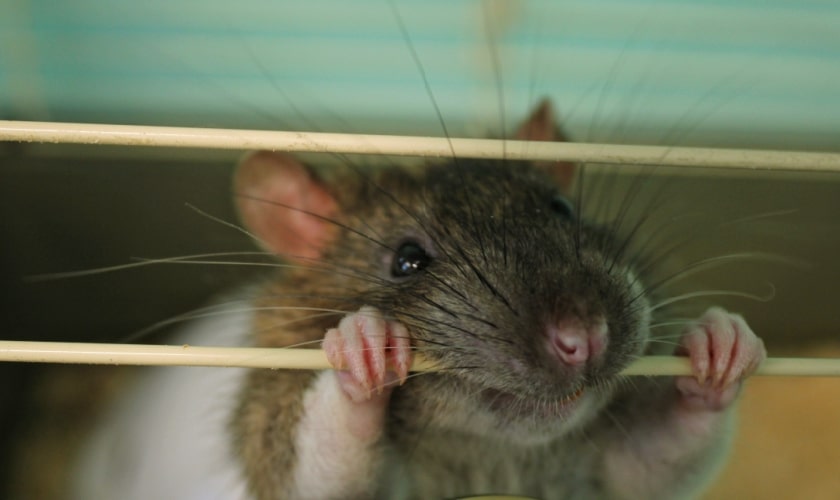As a landlord or tenant, encountering raccoons can be frustrating and pose health risks. These clever and agile animals can be tricky to manage. If youre curious about how to handle raccoons in rental properties, youve come to the right place. This guide provides practical strategies for effectively and humanely addressing these furry nuisances. Let's explore how you can safeguard your rental property and keep your peace of mind intact.

Understanding Raccoon Behavior and Associated Risks
Raccoons are nocturnal animals that are renowned for their curiosity and adaptability. Urban areas often attract them because of the availability of food and shelter. To effectively address a raccoon situation, its vital to understand their behavior. Raccoons can inflict damage by ripping insulation, gnawing through wires, and creating nests in attics or basements. Furthermore, they carry health risks, including diseases like rabies and raccoon roundworms.
Identifying Raccoon Activity
Spotting signs of raccoons early can help mitigate potential damage. Look for indicators such as tipped-over trash cans, paw prints, and droppings. It's also wise to listen for noises in your attic or walls, particularly in the evenings. If you observe any of these signs, act quickly to avert further problems.
Preventive Strategies to Deter Raccoons
Prevention plays a crucial role in managing raccoon issues in rental properties. Here are some effective strategies:
Secure Trash and Food Sources
Raccoons are drawn to easily obtainable food. Invest in raccoon-proof trash cans equipped with tight lids, and refrain from leaving pet food outdoors. Ensure compost bins are secure and inaccessible to wildlife.
Seal Potential Entry Points
Examine the exterior of your property for possible entryways. Seal any gaps in roofs, vents, and chimneys. Ensure windows and doors close properly, and consider installing chimney caps and vent covers.
Humane Techniques for Raccoon Removal
If raccoons have already settled in, humane removal is the next step. Here are some effective methods:
Utilizing Live Traps
Live traps are an effective means of capturing raccoons. Set traps near entry points or signs of activity, using bait like marshmallows or canned tuna. After capturing a raccoon, contact a professional wildlife removal service to safely relocate the animal.
Hiring Wildlife Control Professionals
If you encounter larger infestations or feel uncomfortable handling raccoons yourself, its advisable to hire a professional wildlife control service. Experts can safely remove the animals and provide insight on avoiding future occurrences. For an in-depth look at maintaining a pest-free rental, check out this blog post.
Legal and Ethical Considerations
When dealing with raccoons, its vital to stay informed about local wildlife laws and regulations. Different areas have specific rules regarding the handling and relocation of wildlife. Always ensure your methods are humane and comply with local laws to avoid legal repercussions.
Maintaining a Raccoon-Free Surrounding
Once raccoons have been removed, your next priority is to maintain a raccoon-free environment. Regularly check the property for new entry points and promptly repair any found. Educate tenants on the importance of securing trash and reporting any signs of wildlife. For more pest-proofing tips for rentals, refer to this guide.
Conclusion
Effectively managing raccoons in rental properties involves a balanced approach of prevention, humane removal, and ongoing maintenance. By comprehending their behavior, securing your premises, and adhering to legal guidelines, you can successfully tackle raccoon intrusions, ensuring a safe and pleasant living environment for tenants. Remember, its always better to be proactive rather than reactive. Stay alert and informed to keep your rental property free from raccoons.

FAQs
What are typical indicators of raccoons in a rental property?
Typical signs include overturned garbage cans, tracks, droppings, and nocturnal noises emerging from attic spaces or walls.
Is it legal to catch and relocate raccoons?
Legal standards vary by location. Always check local wildlife regulations, and consider hiring a professional service for humane removal.
How can I prevent raccoons from entering my rental property?
Secure trash cans, seal entry points, and inform tenants about wildlife prevention. Regular property inspections can also facilitate early detection.
